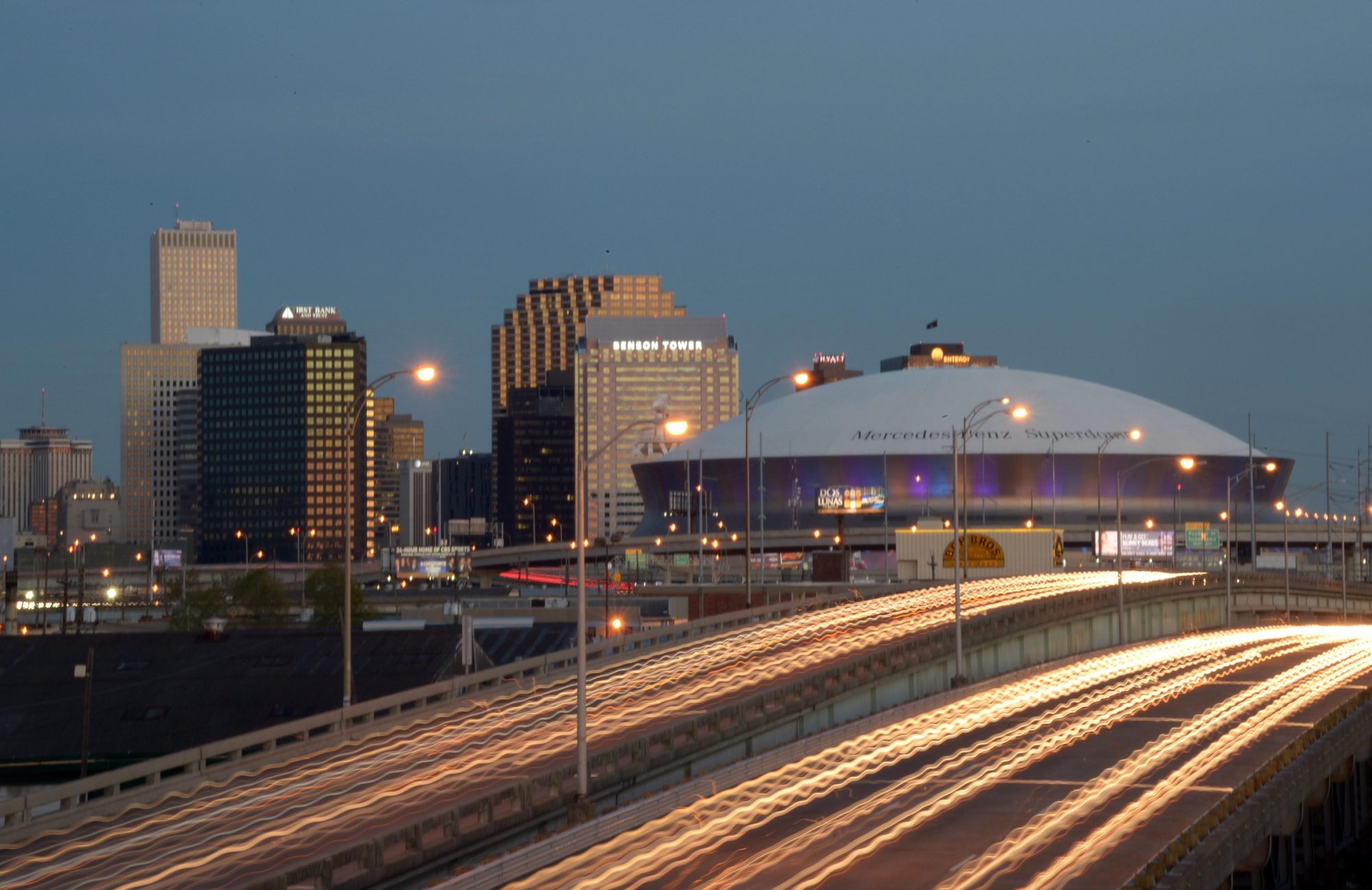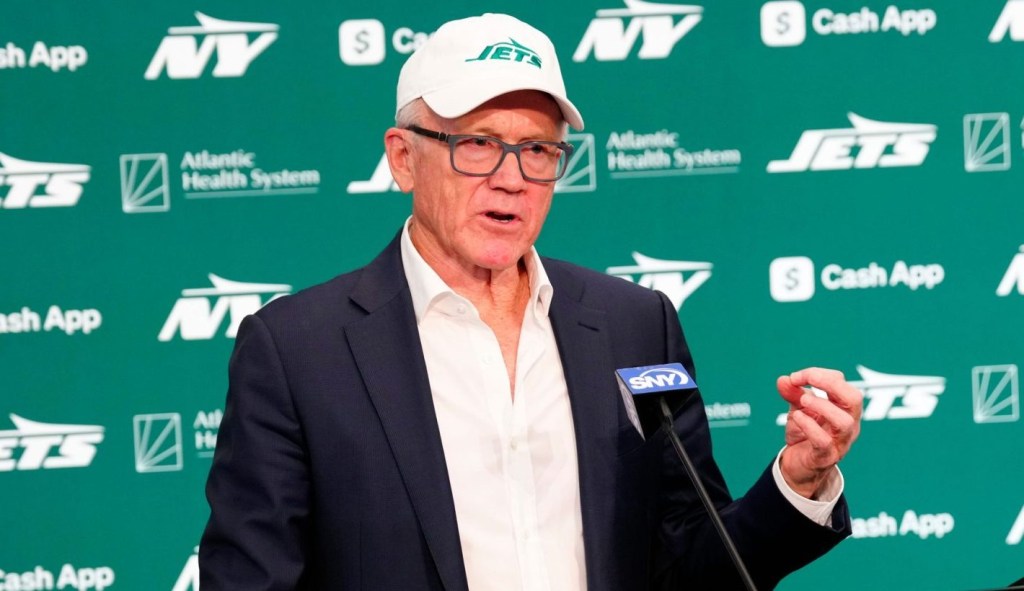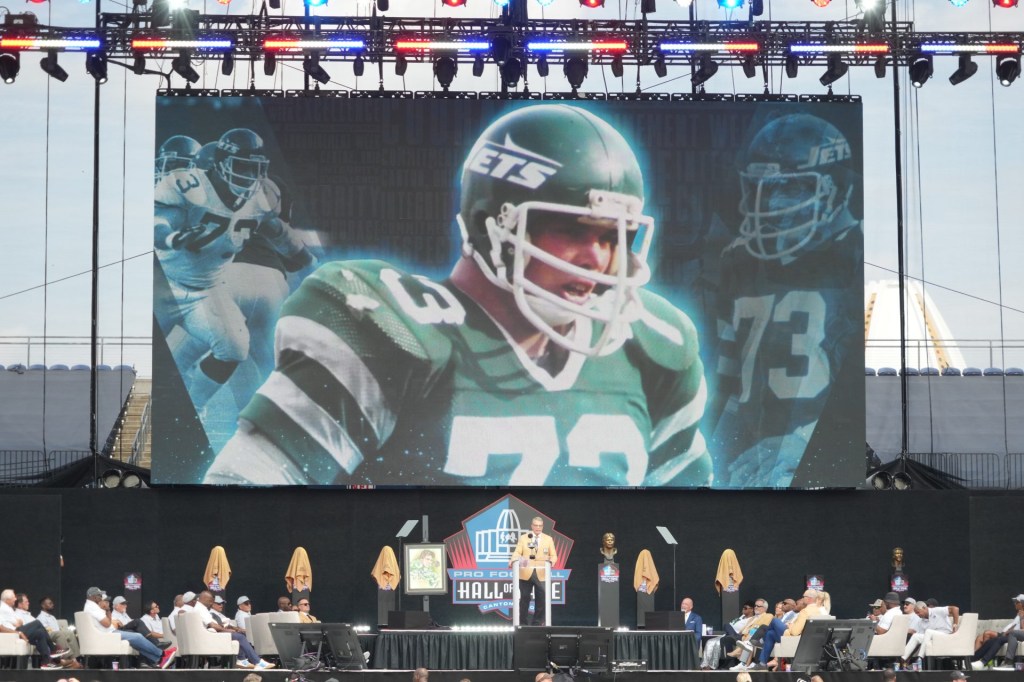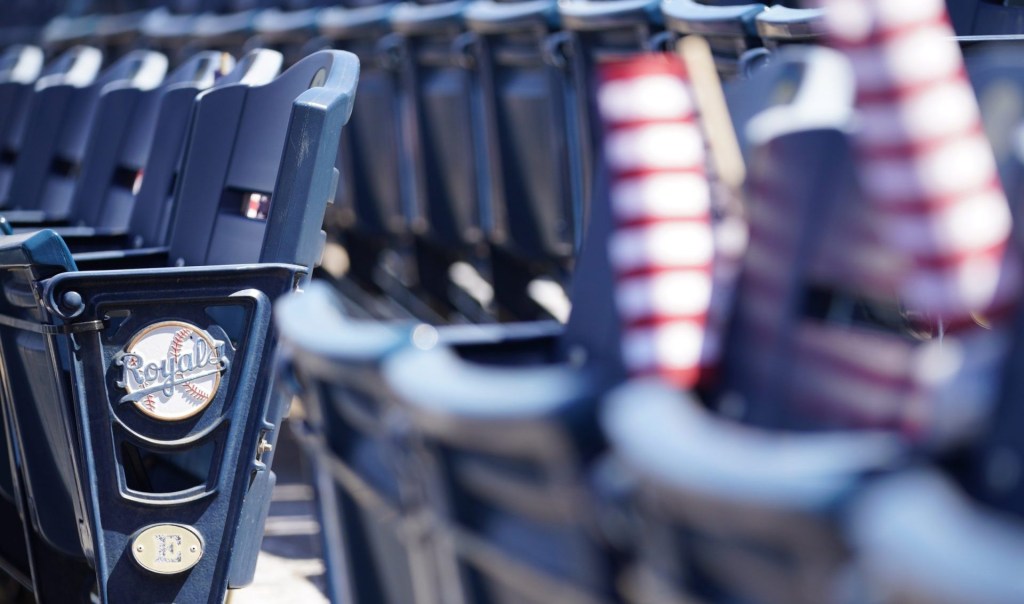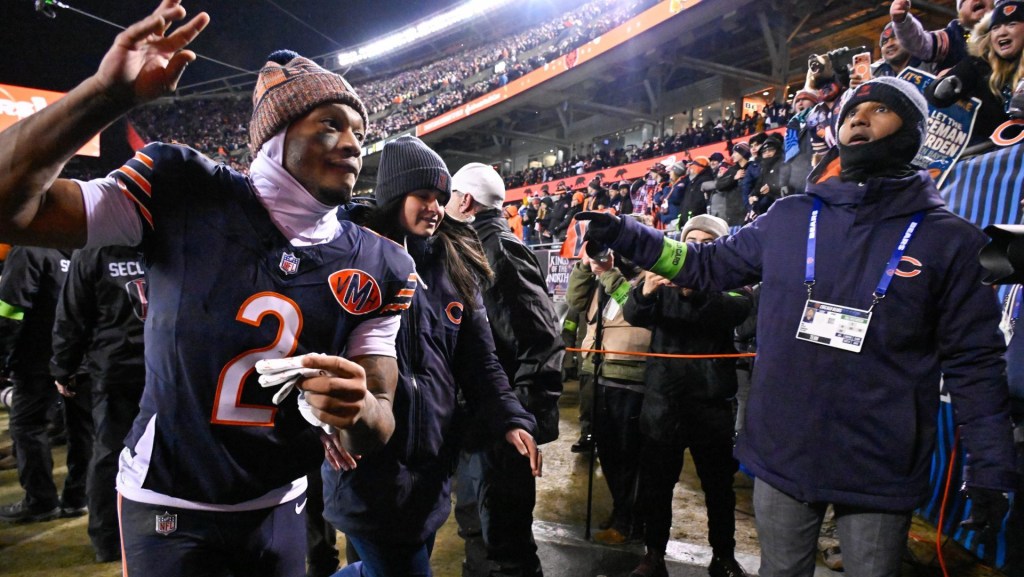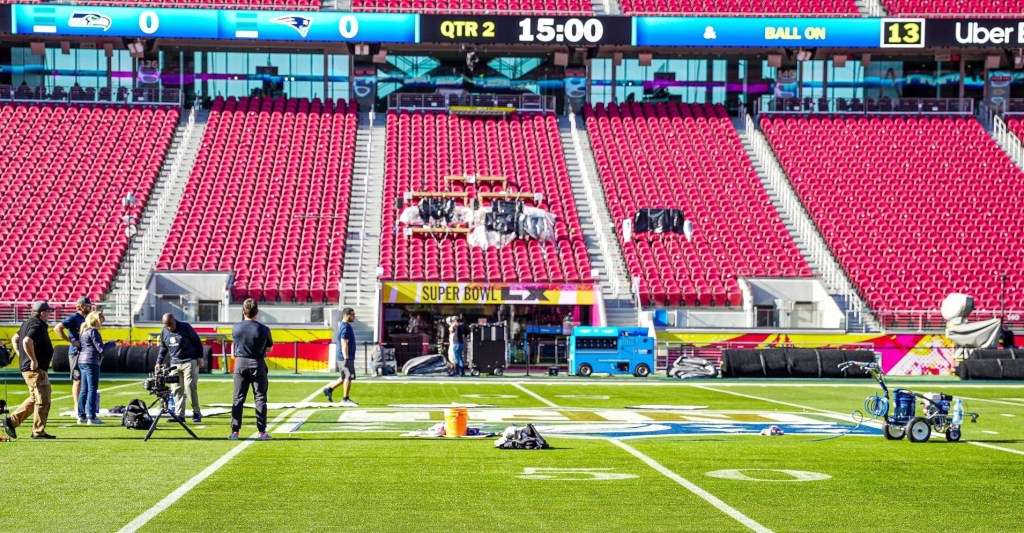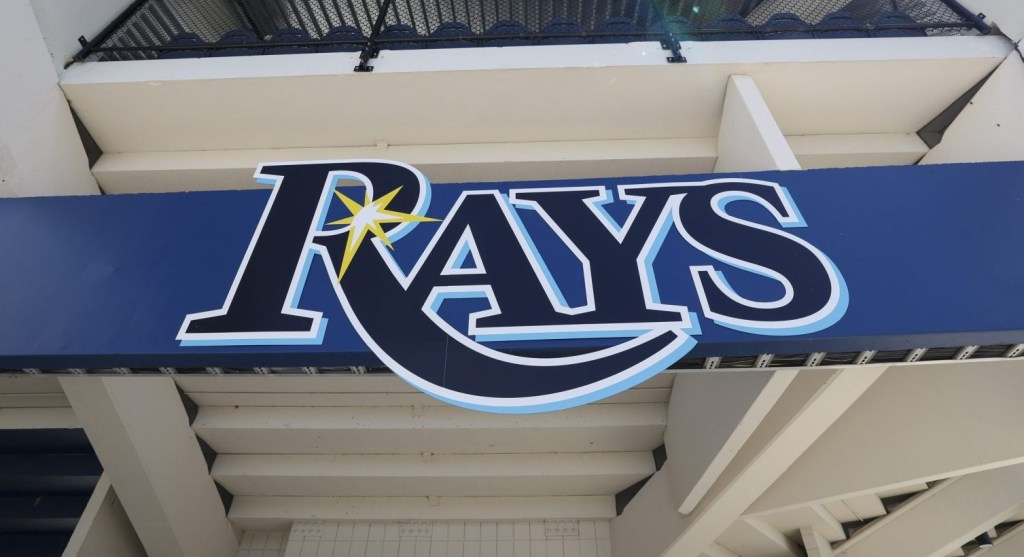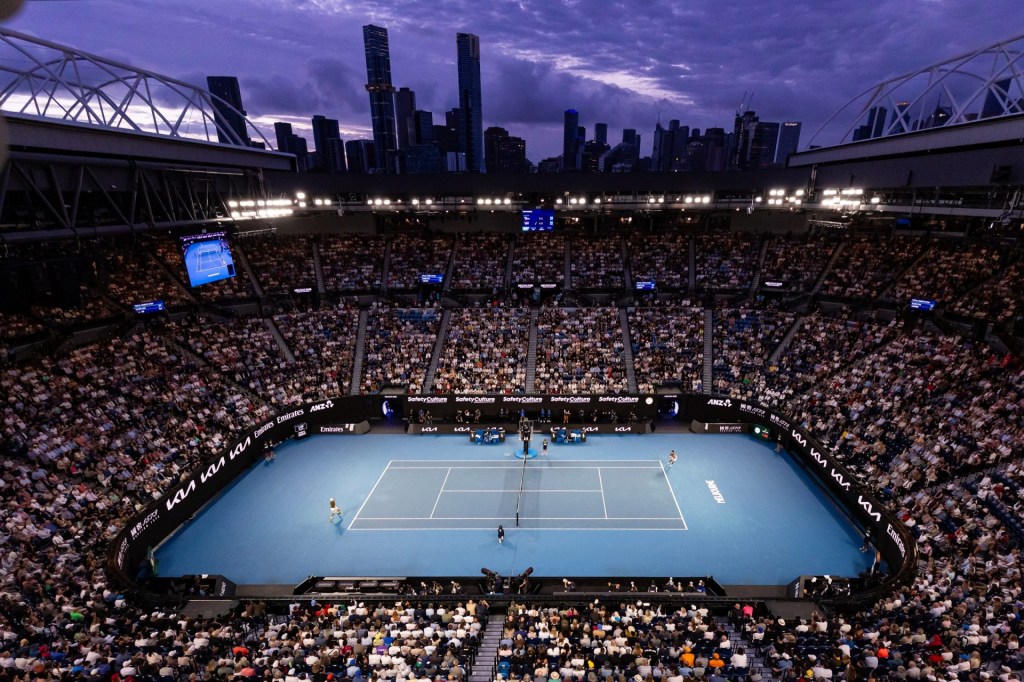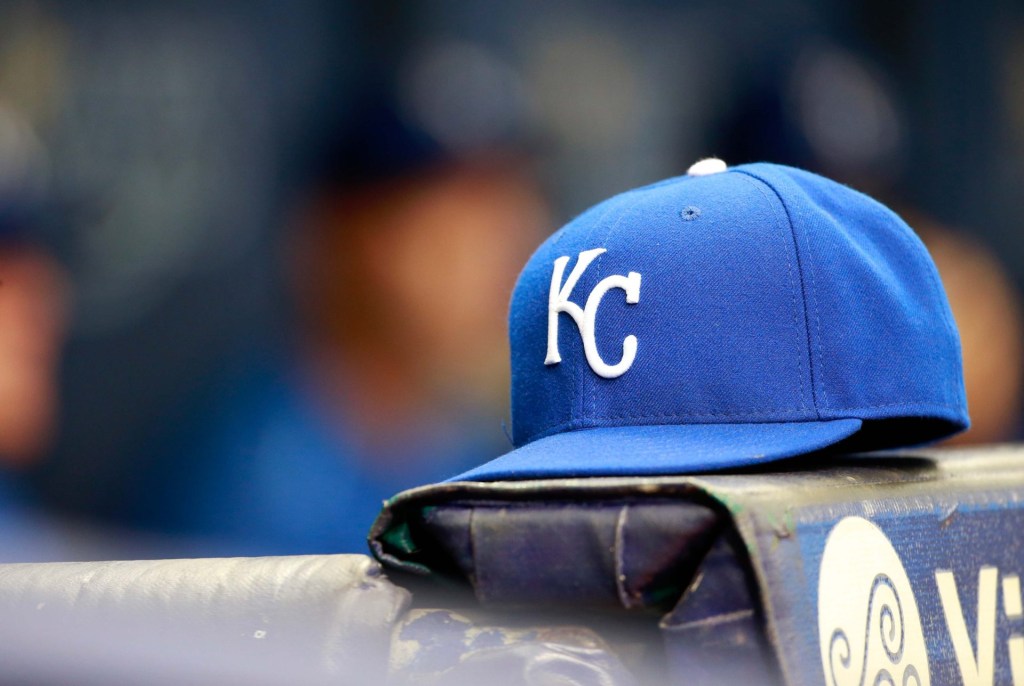NEW ORLEANS — If you haven’t heard—and you probably have—Sunday’s Super Bowl will be this city’s record-tying 11th. People rave about the walkable downtown food and party scene and how the $550 million renovation of Caesars Superdome has brought the 49-year-old venue up to Big Game standards.
That’s the rose-colored-glasses view. The game Sunday is only the second New Orleans Super Bowl since 2002, and a new wave of sleek, modern stadiums threatens to further reduce the Crescent City’s status as a regular host of the NFL’s season-ending game.
Through the first 36 Super Bowls, nine were in New Orleans, or one in four (the first three were at Tulane Stadium, which closed in 1979 and has since been demolished). Of the next 23, including Sunday’s, New Orleans has had just two. And now Los Angeles and Las Vegas threaten to scoop up Super Bowls the way New Orleans once did, as does the new Nashville stadium, and potentially one in the Washington, D.C., area. That’s not to mention regulars Phoenix and Miami, which boast more modern stadiums and are bustling growth cities. The next two are in Santa Clara—its second in 10 years—and Los Angeles in 2027, its second in five years.
More Hotels Needed
Hotel rates are through the roof in New Orleans, which has a quarter of the hotel inventory as Las Vegas did last year. On Location, the hospitality provider for the NFL, ran out of space in New Orleans and placed some customers in Biloxi, Miss., an hour away.
“Hotel inventory is so incredibly scarce,” said Deanna Forgione Carey, an On Location general manager. She views the slim hotel space—with nightly rates at luxury hotels going for around $15,000—as a sign that New Orleans is a coveted travel destination. And that it clearly is, evidenced by Mardi Gras and the crowded French Quarter.
“It’s a great market, the food, entertainment, culture,” Forgione Carey said, who added this Super Bowl is one of On Location’s most in-demand.
But the expectations for Super Bowl cities are changing, and New Orleans has a lot of dated building stock, evidenced by run-down areas adjacent to the Superdome. Construction cranes dot the skylines of cities like Miami, Nashville, Las Vegas, Atlanta, and Los Angeles. New Orleans likely needs to upgrade its hotels and add more if it plans to stay competitive in the Super Bowl host city derby.
Take Atlanta, which will host the Super Bowl in 2028, where thousands of hotel rooms are currently going up within walking distance of Mercedes-Benz Stadium, in a city that already had a healthy supply.
“I think we got 20,000 hotel rooms, within walkable distance from our stadium, and then Centennial Yards is a new project, if you haven’t heard of that, maybe look into that,” said Falcons president Greg Beadles. “That’s going to be a $5 [billion] to $6 billion project that Tony Ressler, the Hawks owner is a partner in and so they’ve already started that right across from the stadium.”
Are Renovations Enough?
Superdome GM Evan Holmes points to the $550 million renovation of the venue, which added escalators, elevators, wider concourses, electrical upgrades, and a new cooling system, as evidence the venue is Big Game–ready. Whether the building will need to do more for future contests is unclear. However, there is still at least one eyesore: The press center for Super Bowl Opening Night was in an old, attached parking garage, with port-a-potties and a non-working portable sink.
Maybe great food, culture, and character will be enough to bring the Super Bowl back. But at the very least, it could be a long wait.
